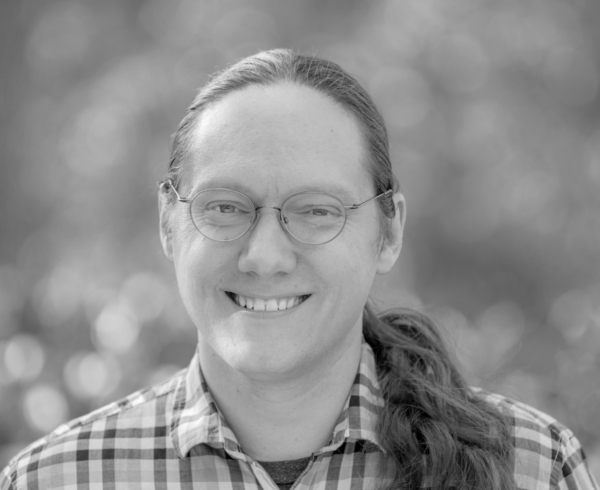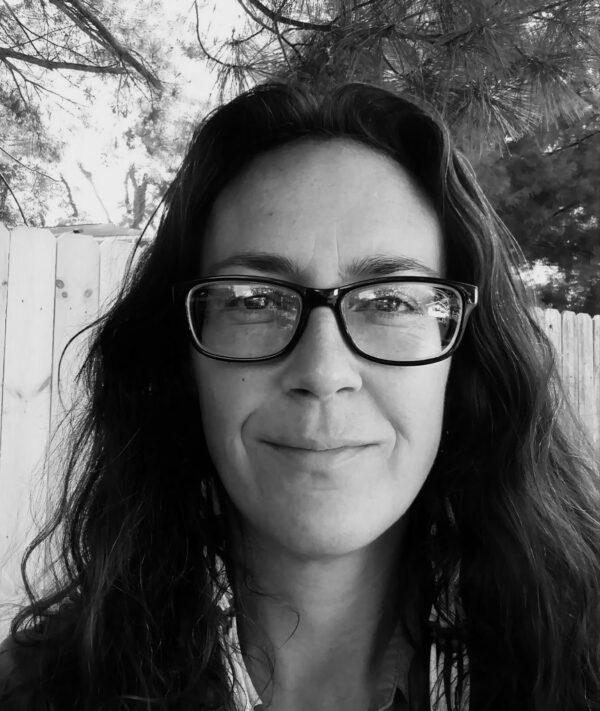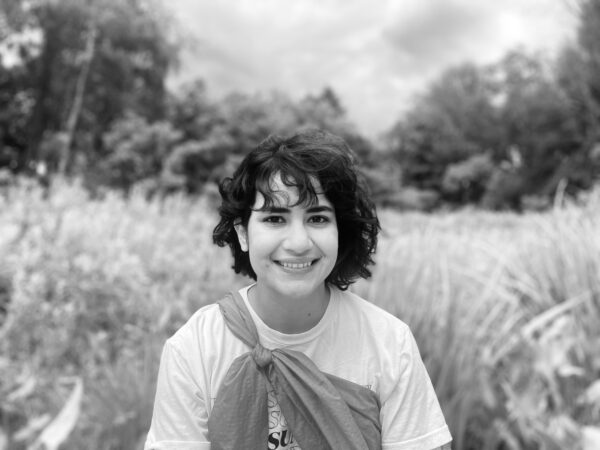The Integration of Faith and Ecology
The Loka Initiative is an education and outreach platform for faith leaders and religious institutions at the University of Wisconsin-Madison.
Our mission is to support faith-led environmental and climate efforts locally and around the world by helping build capacity of faith leaders and culture keepers of Indigenous traditions, and by creating new opportunities for projects, partnerships and public outreach.
Resilience in the Anthropocene (RITA) Summit Aug. 8-10, 2023
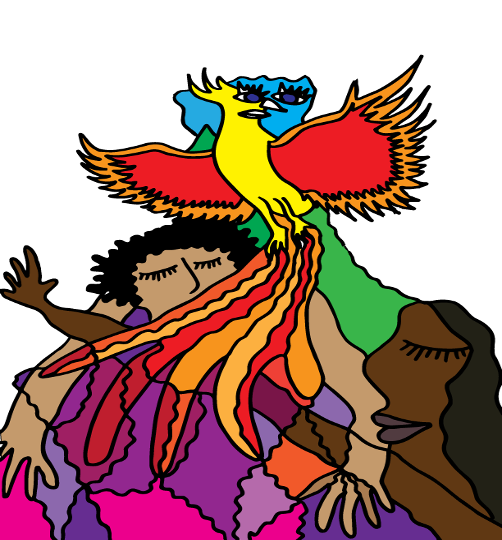
We are excited to share our speakers and panels for the upcoming Resilience in the Anthropocene Summit online from August 8-10, 2023! Over the three days, we will focus on:
🌱 Understanding the psychological and emotional impacts of the environmental and climate crises through an intersectional and justice lens.
🍃 Learning from contemplative practices, clinical and counseling psychology, nature based and Indigenous wisdom traditions to cope and even thrive in uncertain times.
🌿 Collaboratively designing a new framework of inner, community, and planetary resilience that sustains us all.
Please visit ritasummit.org for more detailed event information and register for free to join us!
In the News
Program Updates
Winter 2022: Creation at the Crossroads 3.0
Loka, in partnership with A Rocha and Care of Creation and the World Evangelical Alliance, brought together 20 Evangelical church pastors, representing the next generation of Christian leaders, to connect and empower them to become stewards and advocates of creation care and climate action in the third convening of this project.
If you are curious how this project got started, here is a short movie: On God’s Green Earth featuring Reverend Ed Brown, Dekila Chungyalpa, and Dr. Katherine Hayhoe.
As part of the four day closed-door convening, the Loka Initiative organized a public event at Upper House, a Christian center for study and gathering at the University of Wisconsin-Madison, that was a conversation between Reverend Dave Bookless, Director of Theology for A Rocha International, Dr. Jonathan Patz PhD., Climate Health expert and Chair of Health and the Environment at the Nelson Institute for Environmental Studies, and Dr. Janel Curry, Executive Director of the American Scientific Affiliation and conflict management expert, moderated by Loka Director, Dekila Chungyalpa.
Fall 2022: Collective Trauma Summit
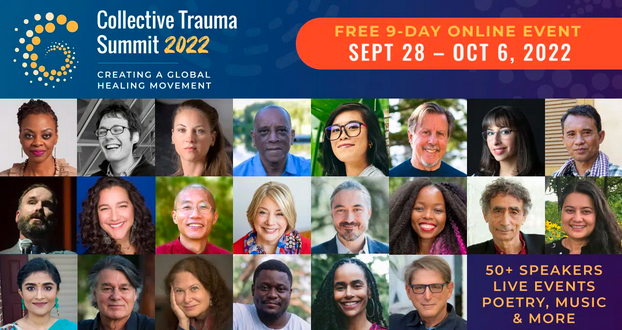
Loka Director, Dekila Chungyalpa, participated in the Collective Trauma Summit, organized by the Thomas Hübl Institute, which was attended by almost 100,000 people and featured over 50 speakers and gathered together people from diverse backgrounds including Indigenous knowledge carriers, neuroscientists, artists, and psychologists. The theme of the summit centered around creating a global healing movement and how to address collective trauma on an individual, community and societal level. Dekila spoke on the importance of building resilience towards ecoanxiety and climate distress especially in the context of trauma caused by neoliberalist systems.
Fall 2022: Compassionate Leadership Summit 2022
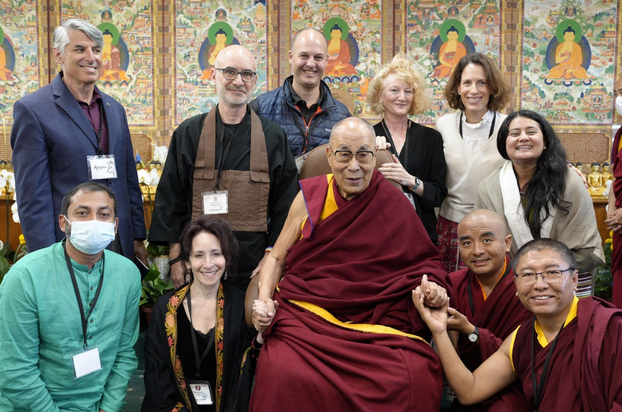
The Center for Healthy Minds (one of Loka’s founding partners and host organization) and Healthy Minds Innovation organized an event in Dharamsala, India with His Holiness the Dalai Lama’s office that brought together a group of transformative young leaders and changemakers from around the world to be in dialogue with His Holiness the Dalai Lama. Dekila, along with Richie Davidson, the founder and director of the Center for Healthy Minds, and Cortland Dahl, Chief Contemplative Officer at the Healthy Minds Initiative, served as mentors for the event.
Summer 2022: Sacred Wisdom Sacred Earth Documentary
The Loka Initiative initiated a new film project with Bravebird, an Indigenous and woman-led film making company in Madison, to create a documentary on Indigenous wisdom and traditional ecological knowledge in Wisconsin as follow up to Sacred Wisdom Sacred Earth.
Upcoming Events
There are no upcoming events at this time.
Recent Events
Resilience In The Anthropocene Summit (RITA)
Join The Loka Initiative for the virtual RITA Summit coming up in August 2023. Registration is free.
The Meaning of Bhumisparsha; Where Buddhism and Environmental Justice Come Together
Loka Initiative is thrilled to announce an in-person/virtual talk on July 9 led by two Buddhist teachers who are redefining American Buddhism.
Program Offerings
1.CAPACITY BUILDING AND PARTNERSHIPS
Loka convenes, organizes, and builds networks that help communities of faith design and build their own environmental and climate efforts. We provide focused training in the areas of environmental protection, climate change, and sustainable living to faith leaders and communities of faith and support on strategic planning, communications and project design. Convenings are informed by what our faith partners inform us are their priorities. Loka currently works closely with Evangelical church leaders in the US and around the world, with Indigenous elders and knowledge holders around the world and from Indian tribes of Wisconsin, and with Tibetan Buddhist monastics in the Himalayas.
Creation at the Crossroads: During a time when the rise of white Christian nationalism and increase in antisemitism and racism is prominent in America, the Loka Initiative has spent the last three years building bridges with church leaders from the Evangelical community and bringing them together with scientists, theologians, experts and trainers to take on creation care and climate action. Over that period, we have provided training, capacity, and resources on the topics of biodiversity protection, climate science, disaster preparedness, campaign strategy and media training to leaders from 63 church institutions and in the process, built a network of support for these faith leaders in the US and around the world. As with all of our projects, we work in partnership with a wide array of organizations including A Rocha, American Scientific Affiliation, Blessed Tomorrow, Care of Creation, Christianity Today, Climate Nexus, EcoAmerica, Evangelical Environmental Network, the Fetzer Institute, Green the Church, Lausanne/WEA Creation Care Network, Ocean Conservancy, and the World Wildlife Fund. For more information on the project, please contact [email protected].
Sacred Wisdom Sacred Earth: In 2021, in partnership with several Indigenous-led organizations, Loka co-hosted the Sacred Wisdom Sacred Earth convening, an online event that had almost 1,000 registered participants. The 3-day convening focused on 5 themes: Food, Water, Medicine, Sovereignty and Spirit and was an entirely Indigenous-led event, with the goal of sharing Indigenous ecological and spiritual knowledge as means of sustenance for all Indigenous peoples and all humanity. As an outcome of the SWSE convening, Loka entered a partnership with Bravebird, a local, Indigenous and female-owned film production company in 2022, and with a core team of Native and Indigenous leaders at and around UW-Madison, began creating a documentary storyline that focuses on Indigenous wisdom available to us in Wisconsin. At this extremely crucial time in our Earth’s history, we believe that Indigenous wisdom holds many truths for shifting the way we live in relation with the Earth and to address the environmental and climate crisis. The film presents Indigenous wisdom starting in Dejope, the Ho-chunk name for Madison, and expanding to the surrounding Great Lakes area, listening to and learning from elders and knowledge holders on how to center our relationship with Mother Earth as the most important aspect of building kinship and reciprocity in our lives and our movements. For more information on this project, please contact Kristin Klingman, Loka SWSE program assistant, (Anishinaabe, LVD), and MFA Candidate at UW Design Studies.
- Khoryug is a network of over 50 Tibetan Buddhist monasteries and nunneries implementing environmental conservation projects across the Himalayas. Dekila helped launch this eco-monastic association in 2009 and continues to advise and guide the project work on the ground. As part of this project, Khoryug Tibetan Buddhist monasteries and nunneries ongoing projects related to reforestation, springshed restoration, rainwater harvesting, solar energy, and waste management. Some of the publications that Khoryug has produced include:
Environmental Guidelines for Tibetan Buddhist Monasteries and Nunneries (https://drive.google.com/file/d/19Jy1pJq4cCPA-O-kle22kAu6IJj4paXB/view?usp=share_link)
Disaster Management Guidelines for Tibetan Buddhist Monasteries and Nunneries (https://drive.google.com/file/d/1qCPyPaAvRvDvH7bf-HkZMQ_T8TWLDC7S/view?usp=share_link). For more information, please contact [email protected].
2. RESEARCH & RESOURCE DEVELOPMENT
Loka is committed to developing an interdisciplinary program that focuses on building resilience in the face of eco-anxiety and climate distress. Known as Resilience in the Anthropocene or RITA, this program has 3 projects that are currently in development, with an anticipated launch in 2023:
Research led by Dr. Christy Wilson Mendenhall (https://centerhealthyminds.org/about/people/christy-wilson-mendenhall) and team on how eco-anxiety and climate distress impact subgroups and what coping methods can be of benefit
An online course in partnership with the Division of Continuing Studies that will help participants better understand how environmental and climate issues affect us and our future, investigate different emotional and psychological impacts caused by our awareness and concern for the environment, and introduce mainstream therapy techniques, contemplative and nature-based practices, and community building exercises as coping mechanisms, while also guiding participants through exercises and values-based criteria that help them identify the most effective building blocks for their resilience and wellbeing.
An interdisciplinary online summit that brings together scientists, scholars, lived experience experts, and community members to better understand resilience within the fields of Psychology, Sociology, and Environmental Science.
For more information on these projects, please contact M. Vikas, Loka RITA program assistant, and a PhD candidate at the Nelson Institute for Environmental Studies, University of Wisconsin-Madison.
3. PUBLIC ENGAGEMENT & OUTREACH:
Loka works to engage, inspire, and involve the public by bringing the forces of religion and science together on environmental and climate solutions at events that showcase dialogue between senior scientists and senior faith leaders. These events, as well as Loka’s strategic goals, are developed through extensive partnerships across campus, academia, local and global faith communities, and environmental activists and professionals. As part of this work, Loka launched a quarterly newsletter showcasing faith and Indigenous leaders who lead transformative environmental and climate work in order to help lift their voices and reach new audiences. You can sign up for the newsletter here: https://go.wisc.edu/lokanewsletter
Loka continues to expand its online community-building and information-sharing networks to support the work inspired through public outreach. We hosted our first symposium in 2019 that brought together senior faith leaders from different religious traditions, scientists, economists, academics, policy administrators, business leaders and representatives from the public sector from around the world to collaborate on solving social and environmental problems. The Symposium kicked off in May of 2019. Due to the coronavirus pandemic, Loka pivoted its planned events online. We are currently tentatively planning our next symposium for the summer of 2024.
Eco Anxiety Resources
What Faith Leaders Are Saying
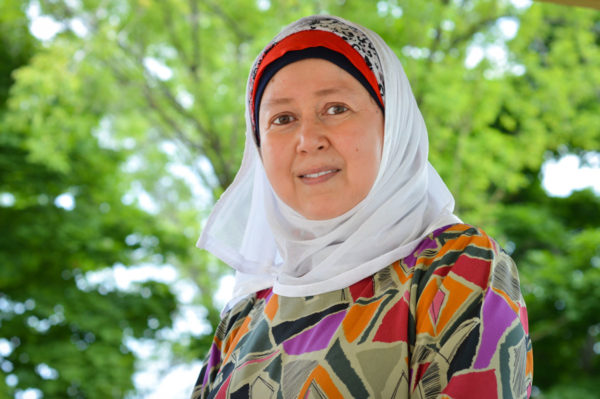
"We believe that people of faith have a great responsibility to stand up for environmental and climate justice, and to address the concerns and calamities of the poor and marginalized communities. They have the lowest ecological footprints, yet they are most impacted by natural and unnatural disasters. It is a moral issue."
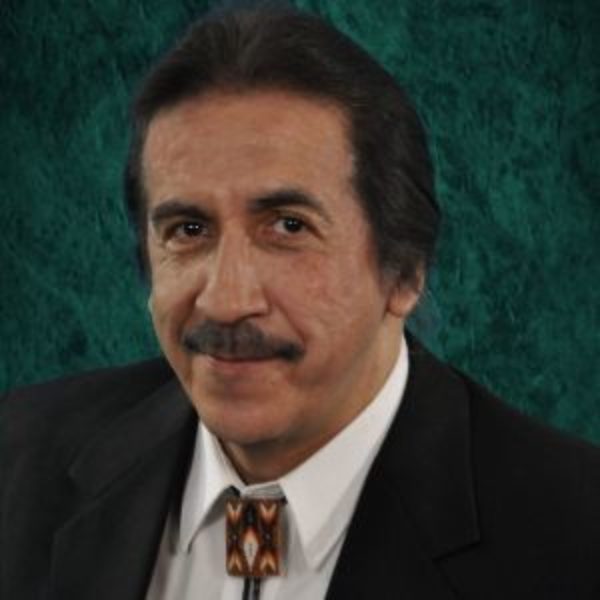
"At the core, Indigenous knowledge is about protecting the needs of future generations. We don’t need all these modern conveniences and financial profits if it means destroying the environment. The price is too great for future generations to bear."
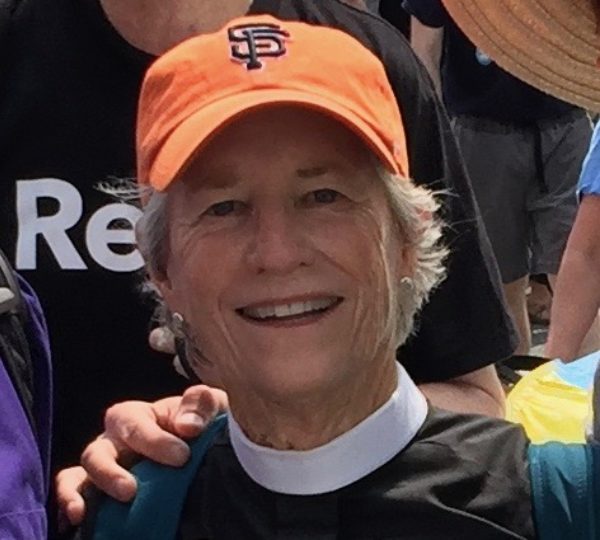
“All of us, Christian or not, must recognize our responsibility and obligation to protect Creation from the catastrophic effects created by climate change.”
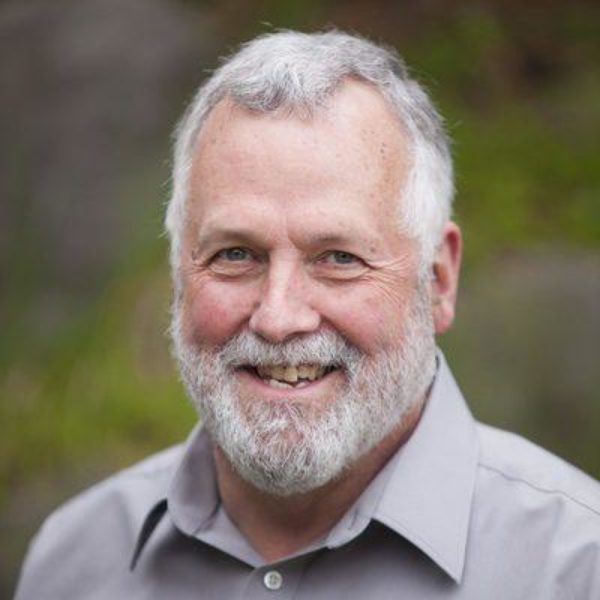
“The environmental crisis is a moral crisis, and demands a response from God’s people.”
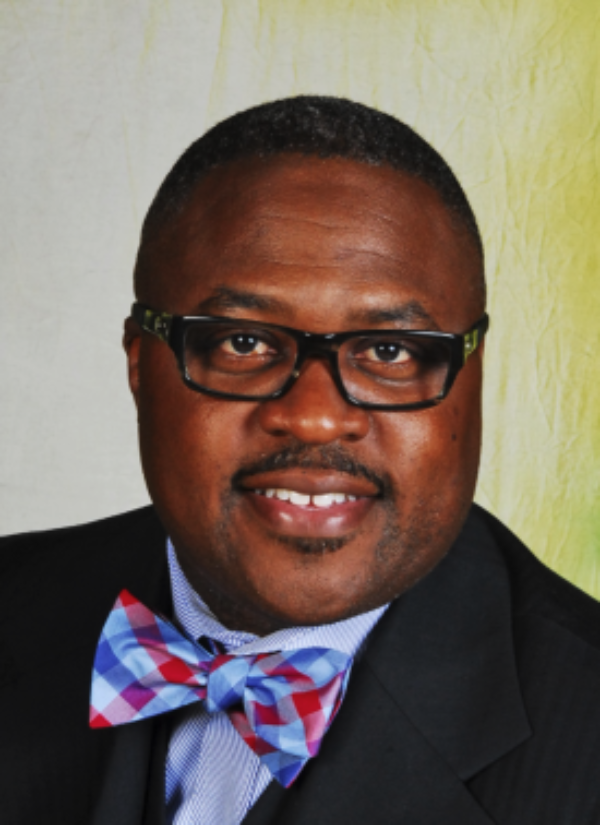
"Green The Church taps into the unmatched power of the African-American church as a moral leader and a force for social change — one with the potential to bring millions of new people into the climate movement."
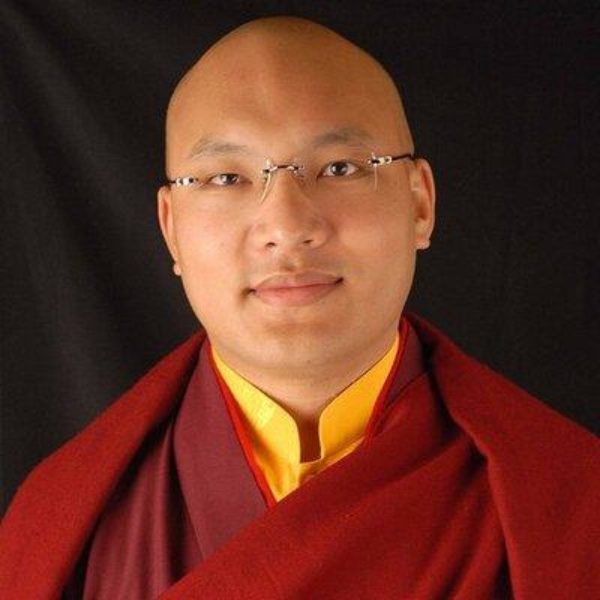
“The environmental emergency that we face is not just a scientific issue, nor is it just a political issue. It is also a moral issue and religious leaders must help lead the way forward.”
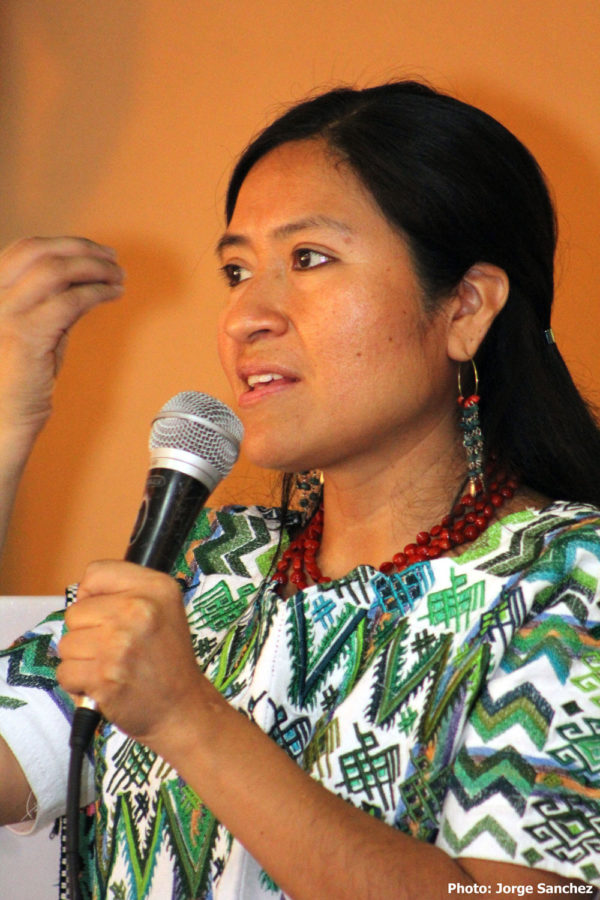
“We are asking that our Indigenous knowledge systems be valued and integrated into climate discourse, policy development and actions. Those knowledge systems, of which elders, spiritual leaders and ancestral authorities are the custodians, are key to relearning how to care for the earth.”
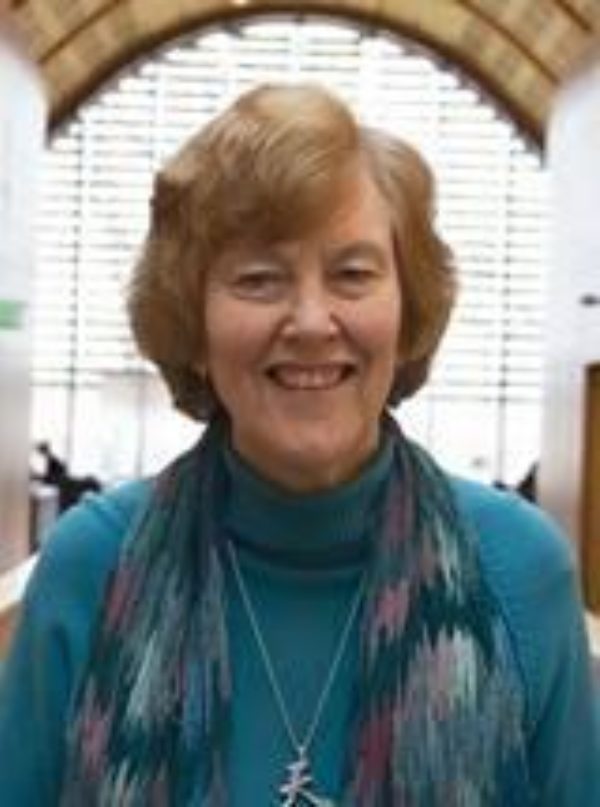
“We're in this exciting moment of expansion of an ethical and moral sensibility that's grounded in religion and draws on science to give us that sense of the intricacy of ecosystems.”
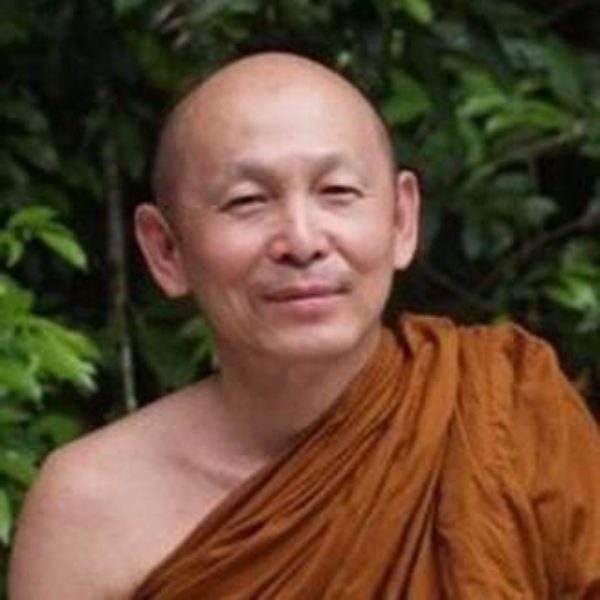
“As a Theravada monk, I believe it’s the duty of all monks to care for the environment.”
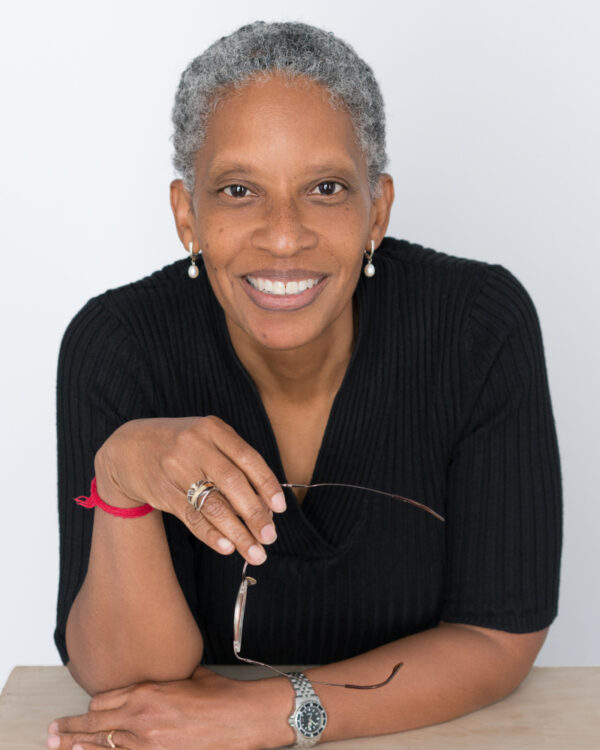
"I think the environmental movement relies on the intellectual. But, what we need is to access the feeling, that connection, that resonation with wildlife, a mountain or a stream. We need to learn to create more empathy for one another, not more cost benefit rationales."
In the News
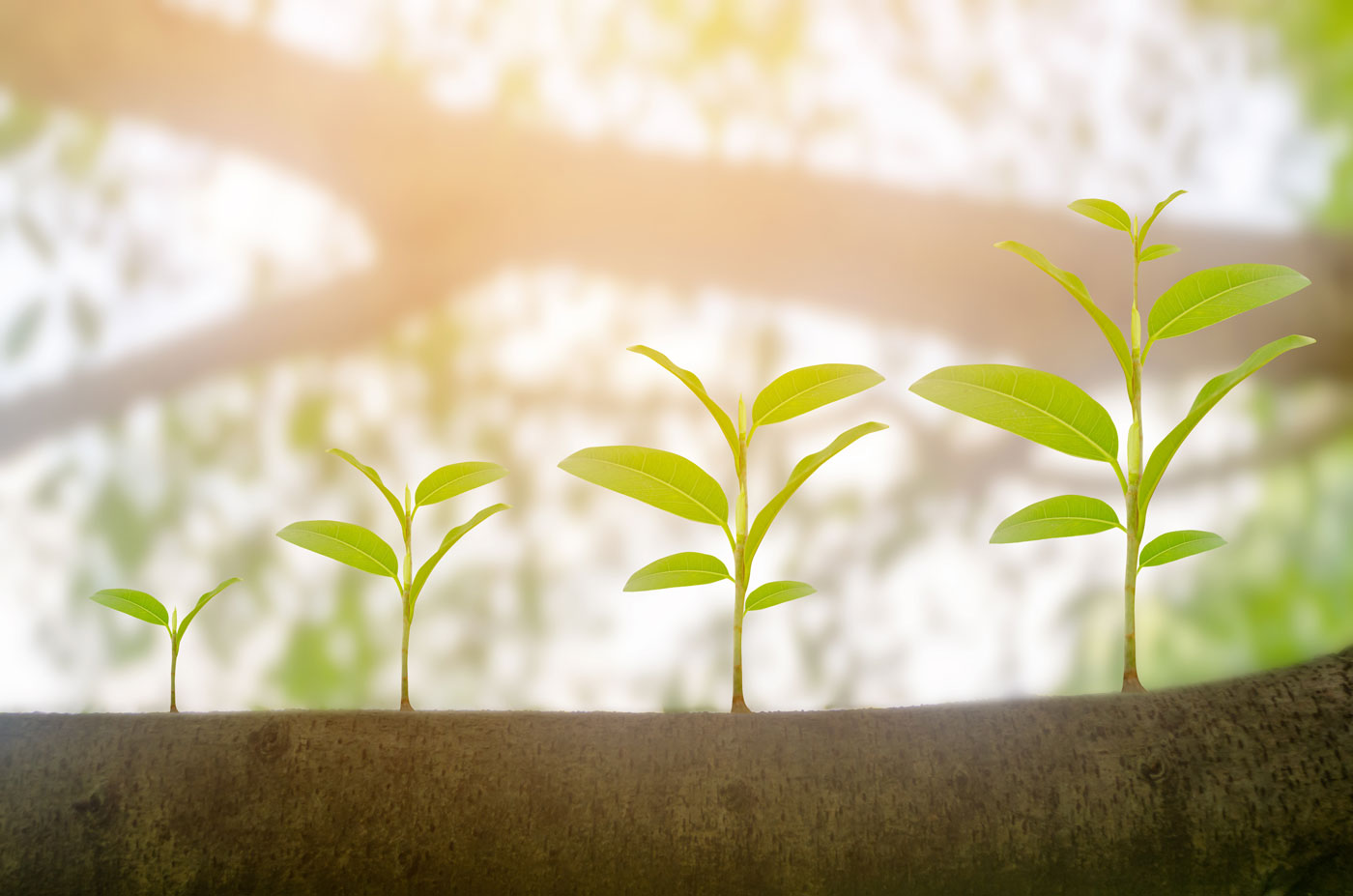
Contact
For more information, please contact the Loka Initiative.
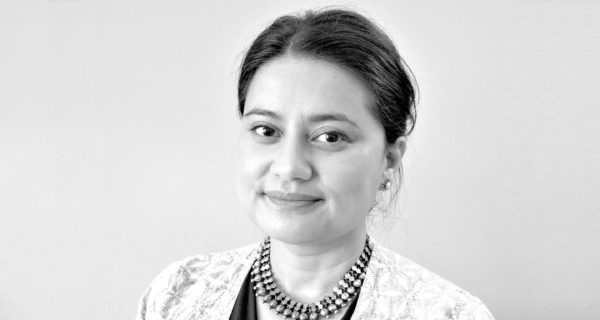
Dekila Chungyalpa
Dekila is the founder and director of the Loka Initiative. She is an accomplished environmental program director, with 20+ years of experience in designing and implementing global conservation and climate strategies and projects. Known as an innovator in the environmental field, Dekila has expertise in faith-led environmental and climate partnerships, biodiversity landscape and river basin strategy design, and community-based conservation. She began her career in 2001 working on community-based conservation in the Eastern Himalayas and went on to work on climate adaptation and free flowing rivers in the Mekong region for the World Wildlife Fund in 2004. In 2008, she helped establish Khoryug, an association of over 50 Tibetan Buddhist monasteries and nunneries implementing environmental projects across the Himalayas under the auspices of His Holiness the Karmapa. In 2009, Dekila founded and led WWF Sacred Earth, a 5-year pilot program that built partnerships with faith leaders and religious institutions towards conservation and climate results in the Amazon, East Africa, Himalayas, Mekong, and the United States. She received the prestigious Yale McCluskey Award in 2014 for her work and moved to the Yale School of Environmental Studies as an associate research scientist, where she researched, lectured and designed the prototype for what is now the Loka Initiative. Dekila is originally from the Himalayan state of Sikkim in India and is of Bhutia origin.
Sign up for updates about the Loka Initiative
University Partners
Loka is an interdisciplinary collaboration among different programs at the University of Wisconsin–Madison. It is housed in the Center for Healthy Minds in collaboration with:
Gratitude
- Caritas Foundation
- Shelley Dews Chigier and Ben Chigier
- The Fetzer Institute
- Peggy Hedberg
- The Robert H N Ho Family Foundation
- Kalliopeia Foundation
- Claudia Madrazo & Roberto Hernandez
- Templeton World Charity Foundation
The Meaning of Loka
"Loka" (लोकः), an ancient Sanskrit term, has many meanings but usually refers to “our world” as the basis for all life. The world evoked by Loka is a complex and interwoven one, where multiple environments, species and dimensions interact to constitute a whole. The term Loka can thus mean a “world” as large as a planet, but it can also refer to a single individual who constitutes an equally complex and interdependent “world.” Thus, each Loka or world is in a sense many worlds, overlapping and embedded within each other. Evocatively, the word Loka also means “vision,” the act of seeing that not only beholds a world but brings it into being.
History of the Initiative
The roots of the Loka Initiative lie in Dharamsala, India where in 2011, Richard Davidson, John Dunne, Dekila Chungyalpa and Jonathan Patz first met while presenting at the Mind and Life Ecology, Ethics and Interdependence conference. The Mind and Life conferences are presided by His Holiness the Dalai Lama. During that initial meeting, a dialogue began on how environmental protection efforts and climate action required a bridge to be built between faith leaders and scientists, scholars, policy makers and other experts in the secular world. Dekila had recently launched the Sacred Earth program at WWF, a faith-led conservation initiative working with Buddhists and faith leaders in Asia, Based on that dialogue, she expanded the program to work with Catholics, Hindus, Muslims and mainline Christians in the Amazon, East Africa, the Himalayas, the Mekong and the United States.
In 2018, Richard Davidson, John Dunne and Dekila Chungyalpa reconvened several participants from that group, including His Holiness the 17th Karmapa, who visited the University of Wisconsin–Madison and participated in planning discussions around an education and capacity building platform based in UW-Madison. At that gathering, His Holiness said “science needs religious leaders to help convince people that environmental protection is an urgent moral issue and not only an economic or political one. Without science, people lack the knowledge on how to solve environmental or social problems. But if you can add religious support to scientific expertise, you are able to generate greater courage and commitment among people to address these issues. For this reason, science and religion must find ways to work together.”
At its core, Loka begins with the premise that science and religion can be sympathetic rather than adversarial in their commitment to solve environmental and social problems compassionately and effectively. Therefore, the initiative will provide opportunities for faith and Indigenous leaders from all traditions and geographies to collaborate with scientists, academics, policy-makers, business leaders, students and the public in order to develop effective and robust faith-led projects that protect the environment and build climate resilience in their communities. Through Loka, faith leaders can access the programs and resources necessary to help inspire their communities to solve environmental and climate issues.
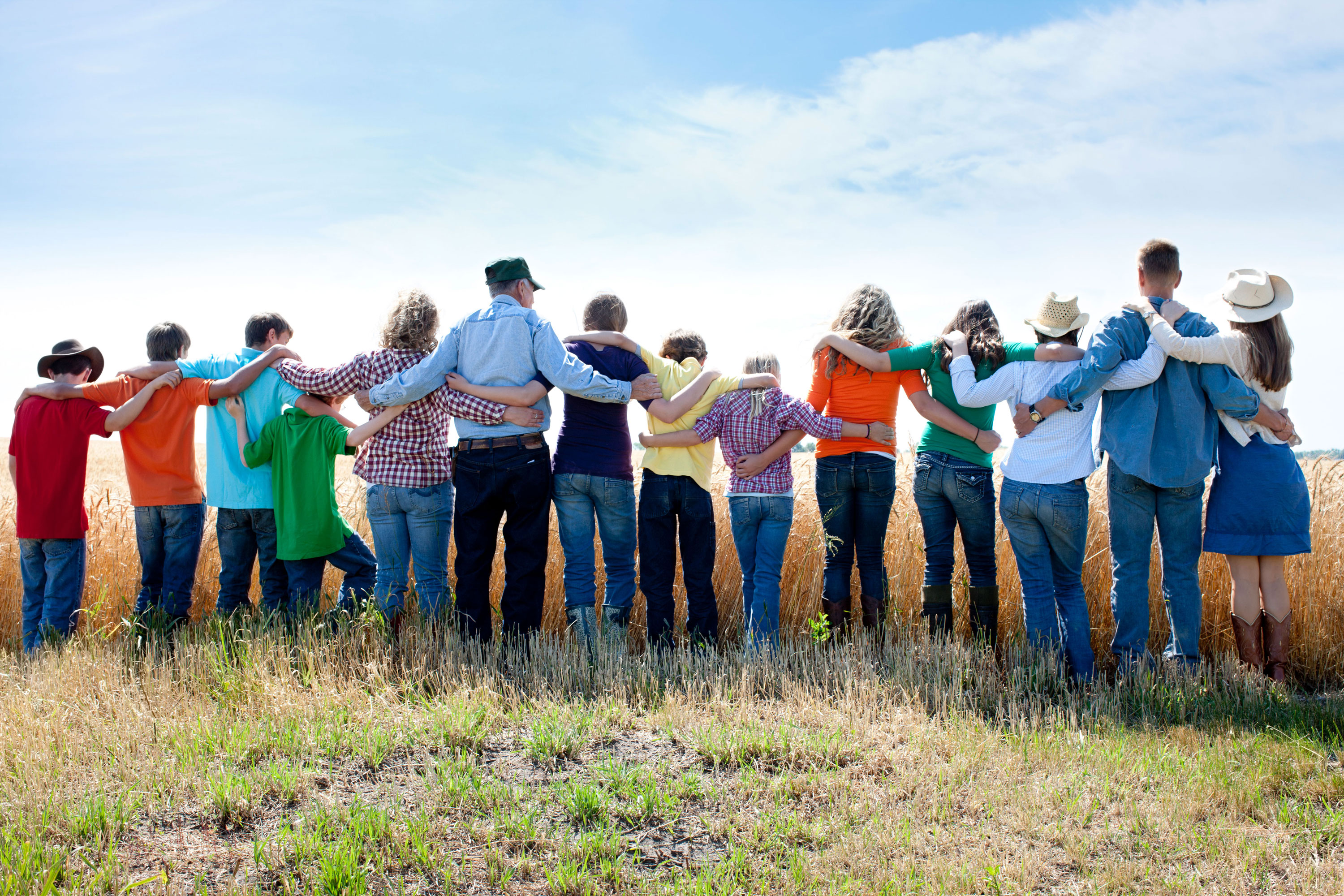
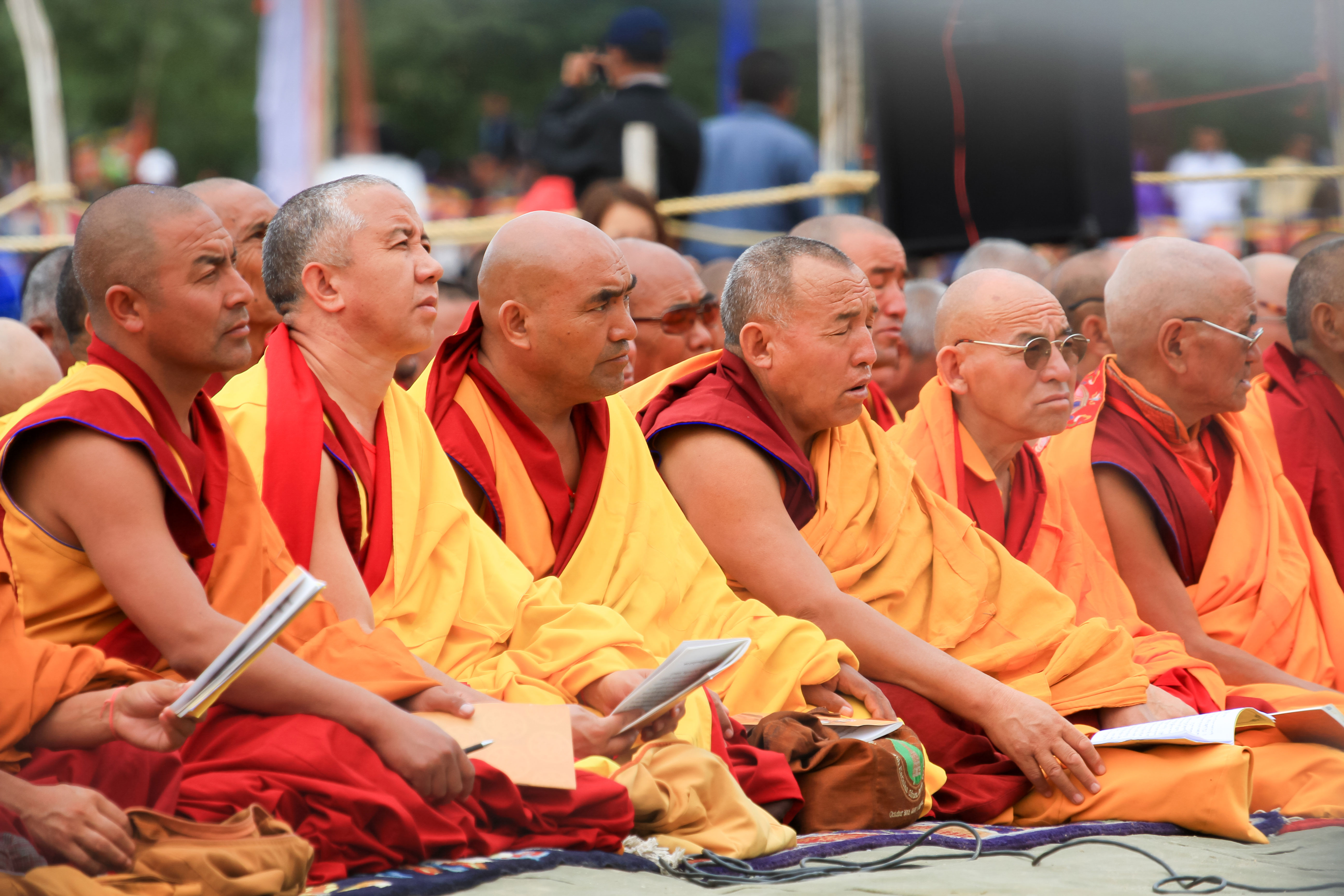
Resources
Books:
Calvin B. DeWitt, "Caring for Creation: Responsible Stewardship of God's Handiwork"
John D. Dunne, "Mind and Life book: Ecology Ethics and Interdependence"
Pope Francis, “Laudato Si”: https://www.amazon.com/Laudato-Care-Our-Common-Home/dp/1612783864
Dina Gilio-Whitaker, “As Long as Grass Grows”, https://bookshop.org/books/as-...
Katharine Hayhoe, “Saving Us; A Climate Scientist’s Case for Hope and Healing in a Divided World”
Jessica Hernandez, “Fresh Banana Leaves; Healing Indigenous Landscapes through Indigenous Science”
Justine Huxley, "Y, Spirituality, and Social Change"
Winona LaDuke, “Recovering the Sacred”: https://bookshop.org/books/recovering-the-sacred-the-power-of-naming-and-claiming/9781608466276
Barry Levy, Jonathan Patz, "Climate Change and Public Health"
Ogyen Trinley Dorje, 17th Karmapa, "Interconnected: Embracing Life in Our Global Society"
Paul Robbins, John Hintz, Sarah A. Moore, "Environment and Society: A Critical Introduction"
E.O. Wilson, “The Creation; An Appeal to Save Life on Earth”
Websites:
Climate Change Information
Global Warming FAQ from Union of Concerned Scientists
Global Weirding with Katherine Hayhoe
Wildfire Patterns in the U.S. statistics from NASA
Changes in Monsoons statistics from NASA
Society for Conservation Biology
Mental Health and Our Changing Climate: Impacts, Implications and Guidance
Solutions
100 Solutions to Reverse Global Warming from Drawdown
Cities Leading Solutions for Climate Change from C40
Faith-Based Resources
The Forum on Religion and Ecology at Yale
Alliance of Religions and Conversations
Journey of the Universe Film and Course Information
PoWR: Faith for the Earth speech by Rabbi David Rosen (Nov 2018)
Interview with Father Joshtrom Isaac Kureethadam on climate change
Institute for Tribal Environmental Professionals
Lausanne World Evangelical Alliance Creation Care Network
